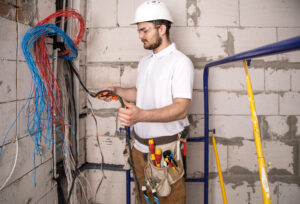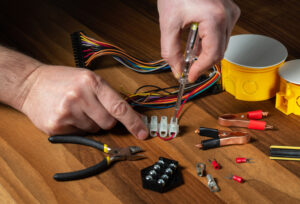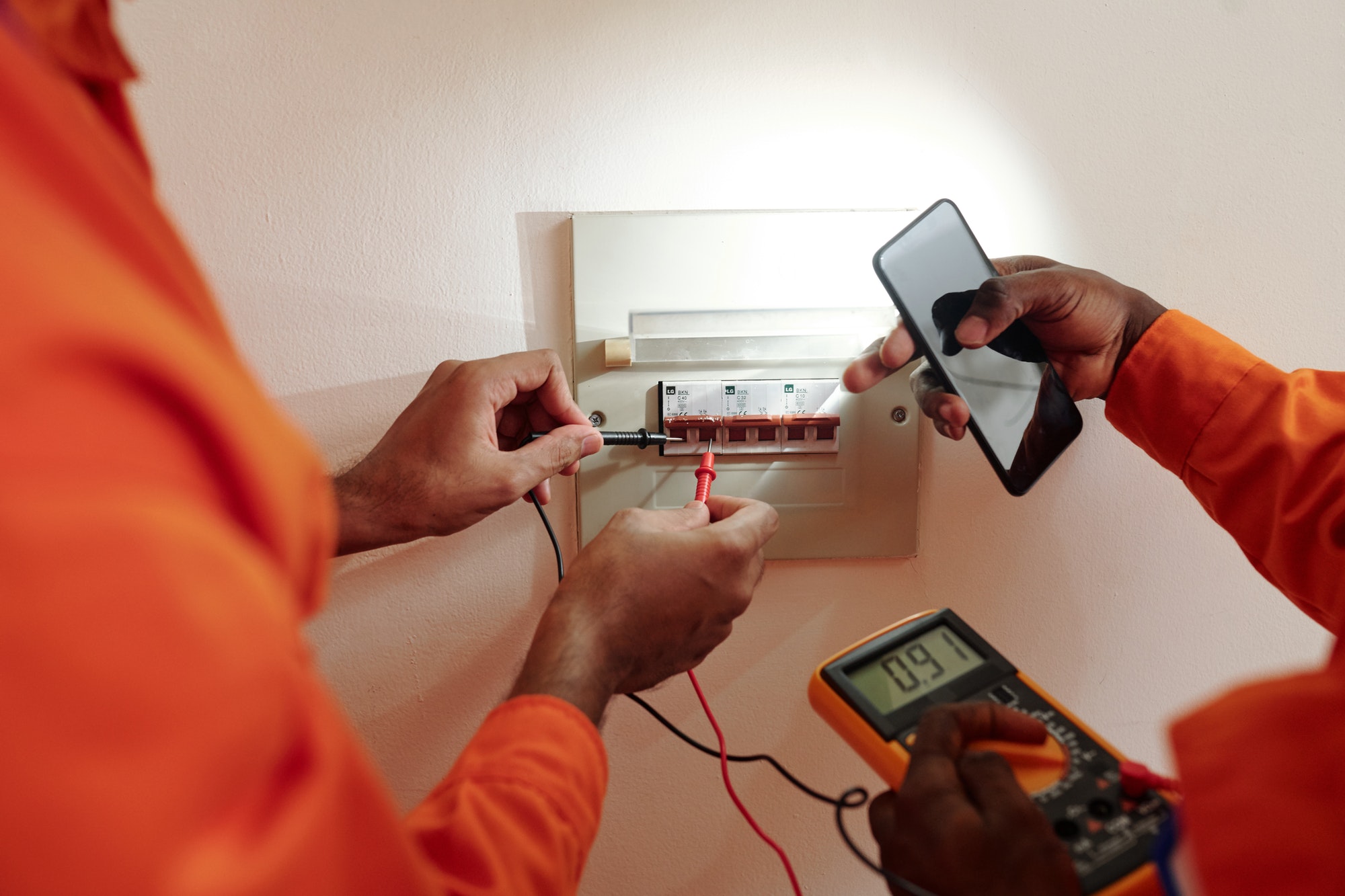Improving the energy efficiency of your electric underfloor heating system not only helps reduce heating costs but also minimizes environmental impact. Here are some tips for maximizing the energy efficiency of your electric underfloor heating system:
1. Optimize Insulation
Proper insulation is essential for maximizing the efficiency of your underfloor heating system. Ensure that the floor insulation beneath the heating system is in good condition and meets or exceeds recommended insulation standards. This helps prevent heat loss and improves the overall efficiency of the heating system.
2. Use Programmable Thermostats
Install programmable thermostats to control the operation of your underfloor heating system more efficiently. Set heating schedules to align with your daily routine and adjust temperature settings based on occupancy patterns. Programming the thermostat to lower temperatures when the space is unoccupied or during nighttime hours can significantly reduce energy consumption.
3. Divide Heating Zones
Divide your home into heating zones to allow for more precise temperature control and energy management. Install individual thermostats for each zone, allowing you to adjust heating settings independently based on occupancy and usage patterns. Heating zones enable you to heat only the areas of the home that are in use, reducing energy waste.
4. Optimize Floor Coverings
Choose floor coverings that are conducive to heat transfer, such as tile, stone, or laminate flooring. These materials have high thermal conductivity, allowing heat to radiate evenly throughout the room. Avoid thick carpeting or rugs that can insulate the floor and inhibit heat transfer, reducing the efficiency of the heating system.
5. Prevent Heat Loss
Minimize heat loss by ensuring that windows, doors, and other openings are properly sealed and insulated. Install double or triple-glazed windows with low-emissivity (low-e) coatings to reduce heat transfer and improve energy efficiency. Use draught excluders and insulation strips to seal gaps around doors and windows, preventing cold drafts and heat loss.
6. Maximize Solar Gain
Take advantage of natural solar heat gain to supplement your underfloor heating system. Open curtains or blinds during the day to allow sunlight to penetrate and warm the space naturally. Close window coverings at night to reduce heat loss and retain warmth inside the home.
7. Regular Maintenance
Schedule regular maintenance checks for your underfloor heating system to ensure optimal performance and energy efficiency. Inspect heating elements, thermostats, and controls for any signs of damage or malfunction and address issues promptly. Clean or replace air filters as needed to maintain proper airflow and system efficiency.
8. Monitor Energy Usage
Monitor your energy usage and heating costs to identify opportunities for further energy savings. Use energy monitoring tools or smart home devices to track energy consumption in real-time and adjust heating settings accordingly. Analyze energy usage data to identify trends and implement energy-saving strategies effectively.
9. Consider Renewable Energy Sources
Consider supplementing your electric underfloor heating system with renewable energy sources, such as solar panels or geothermal heat pumps. Generating clean energy onsite can reduce reliance on grid electricity and further lower your carbon footprint.
Conclusion
By implementing these tips for improving the energy efficiency of your electric underfloor heating system, you can reduce energy consumption, lower heating costs, and create a more sustainable and comfortable living environment. Whether you’re building a new home or retrofitting an existing property, maximizing energy efficiency should be a top priority for homeowners seeking to minimize environmental impact and reduce energy bills.






